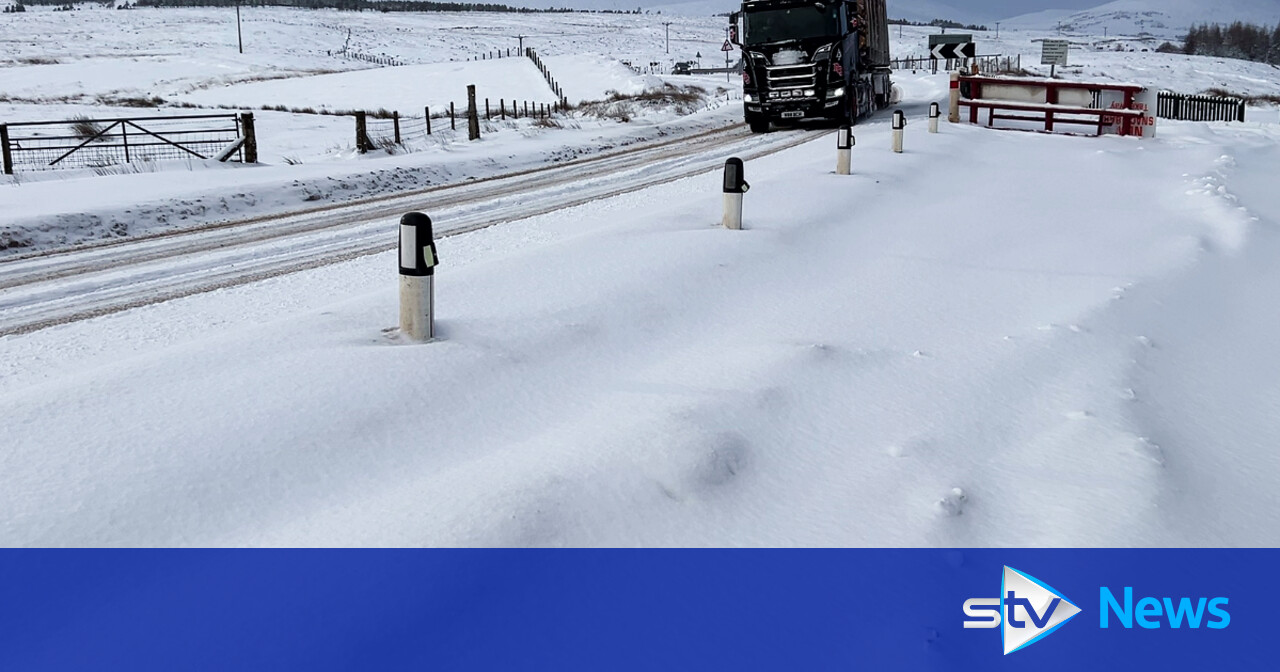Tech
How Agri-tech is shaping the future of Scotland’s economy

And more could be done to bridge the gap between academia and commercial reality in the animal health, aquaculture and agri-tech spheres, attendees at the recent A3 Scotland conference were told.
Held in Inverness, the biannual event was spearheaded by SRUC and Highlands and Islands Enterprise and brought together key global players from across the sector.
MORE NEWS | NFU urges government to honour farming commitments amid budget cuts
MORE NEWS | SAWS plans must be looking to the future
Dennis Overton, speaking in his capacity as chair of the West Highland-based natural capital business, Ardtornish, said evolving technological capabilities and connectivity were driving the ‘fourth industrial revolution’ and he called for more to be done to disseminate farm-based data throughout the supply chain.
He said: “The lack of data fed back on our store cattle is a huge frustration. We want to know more about our cattle’s performance once they have been taken up by lowland farmers, so come on Scot EID, it is time to speed up and get this done.”
Mr Overton went on to say that developments in agri-tech were enabling cattle at Ardtornish to access the highest ground for the first time in more than 200 years.
He added: “Our cattle have been in the upper glens for the first time since the 1810s. Back then we used to have children with sticks controlling where they went, but now we rely on satellite-linked collars to ensure they stay in the right area. Agri-tech is allowing us to re-establish these environments like never before.
“Agri-tech is an enabler of so many different things and the UK Agri-Tech Centre (UKATC) is a great example of something being more than the sum of its parts.”
Scotland’s chief veterinary officer, Sheila Voas, responded to Mr Overton’s pleas about more data being fed back into the supply chain.
She said: “Bovine EID is coming and Scot EID will lead the way.
“High frequency tags mean that the data can be stored on the chip and fed back into the supply chain. These ultra-high frequency tags will allow us to read that data from afar and help with health and safety considerations as well.”
But Ms Voas challenged the agri-tech and wider agricultural sector to narrow the gap between concept and reality.
“The gap between academia and application is massive,” she said.
“How we connect science and research to wider industry is pivotal.”
For Dave Ross, international development director at UKATC and a member of the conference organising committee, the ability of the event to bring together animal health, aquaculture and agri-tech leaders in one space was key.
He said: “UKATC is keen to play its part in engaging the commercial sector and wider stakeholders, be they academic or otherwise, to develop the vibrant ecosystem we have seen here in Inverness.
“To have international delegations from Argentina and China at the event has been incredibly positive as we have sought to showcase the access and opportunities that exist here in Scotland, whether it is in our agricultural, agri-tech or aquaculture sectors.”










